16 Medical Regiment was recently put through its paces on Exercise Winged Serpent.
The two-week-long manoeuvres saw the medics on a simulated short notice deployment to support an ally invaded by a hostile neighbour.
The unit flew in on an RAF A400M transport aircraft, to then move medics and their supplies by helicopter to establish treatment facilities across the training area.
“The medics practised treating casualties from care at the point of wounding to life saving damage control surgery, as well as looking after troops’ general health needs. The range of their capabilities meant the medics treated simulated patients with everything from toothache to catastrophic blast injuries.
In addition to its skill at treating casualties, the unit was tested on how it communicates and manages supplies on the battlefield and keeps treatment facilities mobile and camouflaged to present less of a target.”
The training was to confirm that the regiment’s 23 Medical Squadron is ready to be on very high readiness for operations as part of 16 Air Assault Brigade, the British Army’s global response force, you can read more from he British Army on this here.




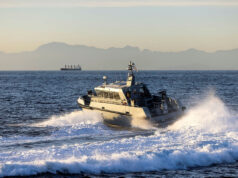
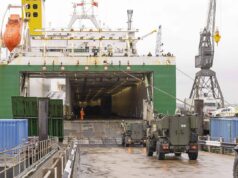
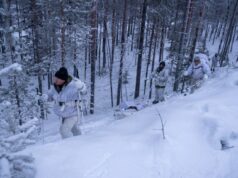
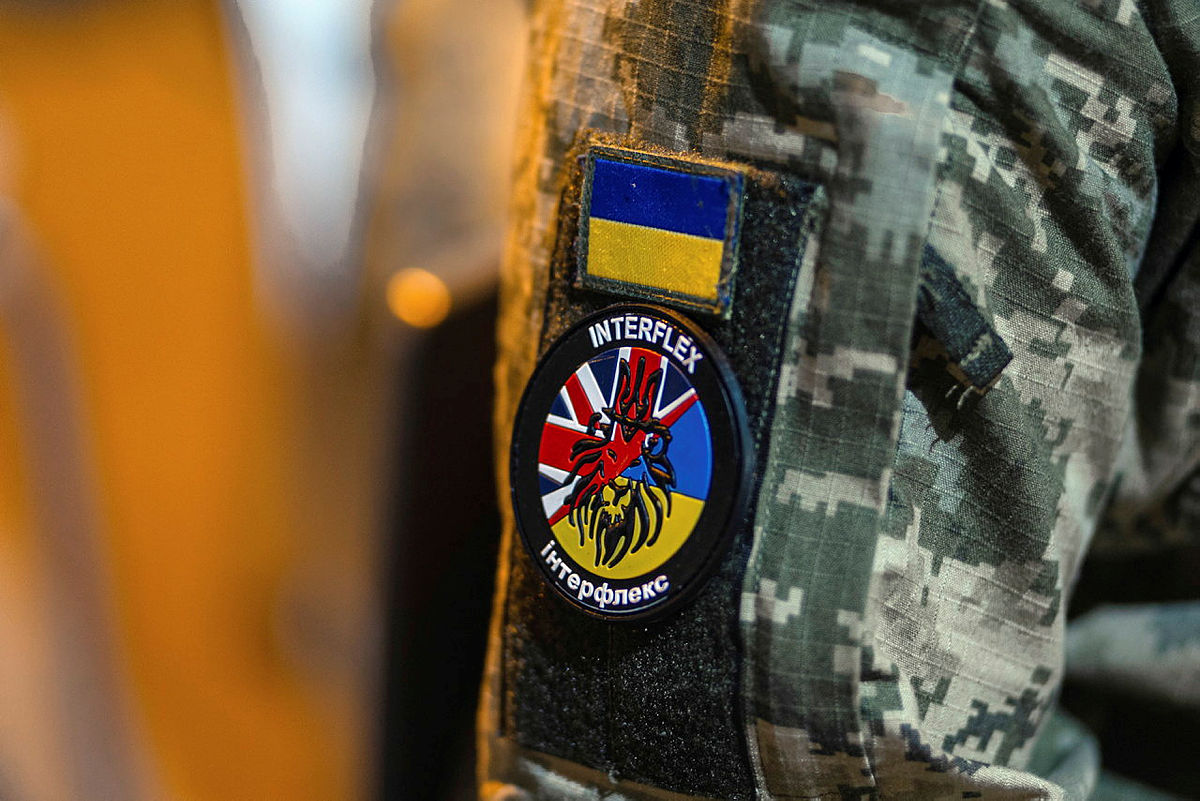
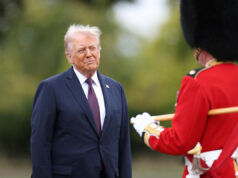
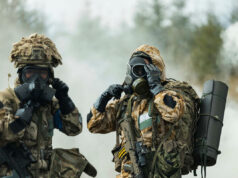
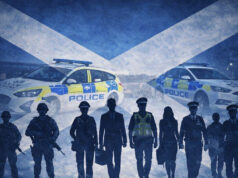
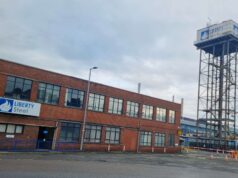

Interesting article, impressive battlefield medical skills. But does the UK have any dedicated CSAR assets, or are they ‘mitigated’ by relying on our allies to provide CSAR? I rather think it’s the latter.
I think that that capabilty is well catered for by the RAF Chinook force.
Thanks Paul…
RAF reg wanted to set one up but I believe UKSF put a stop to it. RM recently took up the role when 42 commando reroled from being a regular commando, with CHF Merlins.
Yep, all that’s about my understanding of it. Though I wasn’t aware of the DSF objection?
I believe they thought it was an encroachment of their roles. Of course this was in the days when UKSF had 4 squadrons and a Puma flight, so could actually accomplish a CSAR mission. Now of course they only have 2 squadrons, 1 of which doesn’t operate in a wartime setting, leaving Chinook the only aircraft they have available, which is not very good for CSAR.
The RM CSAR also encompasses naval based operations rescuing downed pilots as part of a CSG which DSF aren’t interested in.
I don’t know the range of a 657s Lynx, wouldn’t have thought it useful for CSAR, but no real idea.
I’ve read, and heard, that what they really want is the SO version of Blackhawk.
Assume Chinook too big just like using a flipping Atlas is OTT for many of the tasks 47 was using it’s Hercs for.🙄
Sure, but when they had Lynx, Puma, C130 and Chinook it would’ve been a lot easier to argue that they cover the CSAR role, whereas now that they only have Chinook, it is a lot harder.
SAS also made good use of American Little Birds in Iraq, so if 657 is ever stood up again, they might want to go down that route rather than Wildcat.
A big shame, with the creation of the Rangers (I know not part of UKSF), UKSF is the largest it has been probably since WW2 and probably the second largest in NATO, yet its air support is the smallest its been in a long time. The Puma/Dauphin replacement will help alleviate the pressure as it can be used in areas Dauphin isn’t, but even then then is still lacking.
I’d read that 651 were also allocated to JSFAW for a time too.
Agree on size, taking the aviation assets away from what are for me our key assets I found ridiculous.
I find those Little Birds fascinating. Not the same but reminds me a bit of the Scouts that the regiment used to use.
They have use of Osprey too I believe, even if we don’t actually own any.
Yes. It is their L Coy that do this. I also found out about DSTO:
Wiki: “The Defence Survive, Evade, Resist, Extract (SERE) Training Organisation (DSTO) was created in 2008, when the RAF’s School of Combat Survival and Rescue was amalgamated with the Royal Navy’s Survival Equipment Group and the Resistance Training Wing. Although DSTO is a tri-service organisation, it comes under the control of No. 22 Group within RAF Air Command.[7]
Until then, training was undertaken at three different sites across the three services at diverse locations such as Chicksands and at HMS Sultan.[8] The Royal Air Force is the lead on aircrew-focused training for military personnel in the United Kingdom and has a second training centre (ASTC) located at RAF Cranwell, in Lincolnshire. The patron of ASTC is Ray Mears, who was in a SERE situation during filming in 2005 when his helicopter crashed in Wyoming. Mears managed to recover all of his crew to safety after the incident”.
Yep. Nowdays they are the main occupants of St Mawgan, now that the JMF have moved.
I believe the RTI side is covered by another small unit, however, connected to Chicksands.
Just a note, these are not CSAR as such. 16 Reg RAMC provide support to 16AA Bde, so airlanding or para trained, and also run Black Serpent, the course that selects SF Combat Medics.
Thanks Daniele (and Graham), I appreciate the article was not about CSAR. But it just got me thinking about CSAR and my own perceived lack of dedicated assets within the UK forces. I understand it was severely lacking within UK forces in the Gulf war but fortunately the Americans stepped in. However, I see now that even the US forces are looking at ways of getting a downed pilot out of a heavily contested area without the use of (vunerable) helicopters. Solution may lie in using drones.
Time for dressing gown and cocoa…
Some drone, as the distances might well be considerable.
Yes, CSAR has always been a capability we lack beyond improvised solutions, certainly no dedicated assets as too small for that. RAF Reg and RAF Merlin force started to get involved in a very minor way before the Merlins went to the RN.
I didn’t hear about the Americans stepping in to aid us in the Gulf War – I just heard about Flt Lt Nichols and Peters who punched out after a SAM strike and were captured by the enemy. Which airmen did the Americans rescue for us?
He might be referring to the patrols behind the lines rather than pilots. I’ve read US assets were used when B20 went missing doing sweeps of the area they thought they’d be heading to.
Thanks mate. That could be it.
This article wasn’t about CSAR.